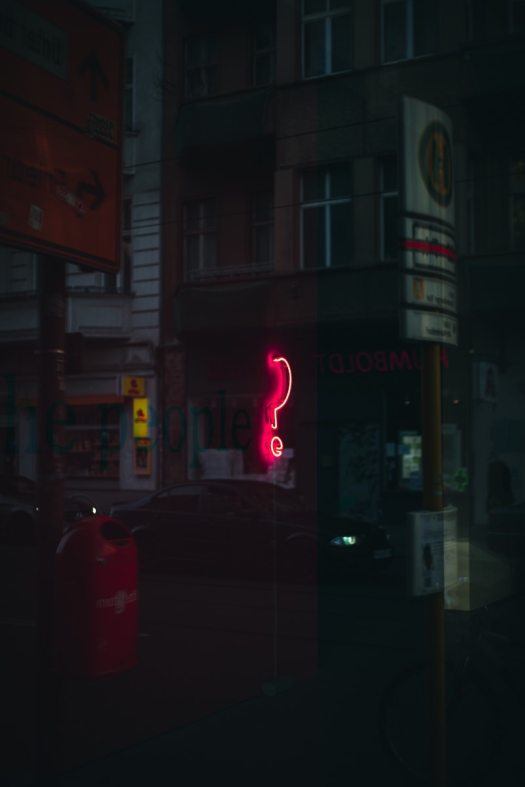The query letter hook is the “grabby” part of the query letter, where you include a good logline, or one-sentence description of your story. If you’ve heard me talk about self-editing and revision, you may have seen me call this your book’s “mission statement” as well. What is it about? Who is the main character? What is their main struggle? And what is the theme or bigger picture idea behind it?

Query Letter Hook
To write an effective query letter hook, think about the number one most important thing you want the query letter reviewer to know about your story, as they pertain to:
- Character
- Plot
- Theme
An example for a picture book like Mr. Tiger Goes Wild by Peter Brown might be:
When Mr. Tiger tires of being proper and reclaims his wild side, surprising things happen all around him.
An example for a YA novel like The Sun Is Also a Star by Nicola Yoon might be:
Two teens from very different cultures and with very different priorities collide as one of them is about to be deported, and have to decide whether to give love a chance.
Now, one thing you might notice is that both of these loglines are open-ended. What happens to Mr. Tiger’s friends? What effect does going wild have on everyone? Do the teens give love a chance? Does the character get deported?
For a query letter hook, this can be desirable. It creates some tension and invites the agent or publisher to keep reading. Normally, the hook or logline belongs at the very top of the query letter. But then what? Do you fill in the blanks with the rest of the letter? (Check out this query letter template.) Here, my opinion flies in the face of some other thought leaders on the topic, like the wonderful Jane Friedman.
She says that you should tease and avoid revealing your ending in the query. I say, if you’ve engineered an amazing plot, let’s see it. An agent wants to know if you can tell a story, and whether it’s a story that has enough substance and excitement behind it.
Rhetorical Questions and Revealing the Ending
The rest of the query letter will expand on your story. Who are the characters? What is the main thrust of the plot, including the biggest three or four plot points? Even a picture book query letter could go into more detail than what I’ve mentioned above.
How do you land the query, then?
I argue that your query letter hook involves more information, not less. If you leave agents and publishers hanging with a rhetorical question, for example, by ending your Mr. Tiger Goes Wild and The Sun Is Also a Star query letters this way:
Will Mr. Tiger be true to himself?
Will Daniel and Natasha give in to their hearts, after all?
… is your query letter really doing the full breadth of your story justice? I will tell you one thing right now that I know to be 100% true:
No agent will be so maddeningly compelled by your open-ended query letter hook or rhetorical question that they will read an entire novel to find out how your tease plays out.
There is simply not enough time in the day. If your query letter is open-ended or teasing or doesn’t clearly portray the story you’ve written, an agent may lose interest and move along because it’s too vague. There’s not enough substance. They are most certainly not going to breathlessly request and read 300 pages to scratch a small itch created by a coy query letter.
Instead, you can end your query letter strongly by revealing the ending to bring the query letter hook full circle, like this:
Only by going extremely wild—at the risk of alienating everyone—does Mr. Tiger bring more self-expression to himself and his whole community.
The deportation goes through, and Natasha and Daniel don’t get their happily ever after. Lest readers think all is lost, they meet again years later, opening a surprising opportunity for the universe to continue to work in its mysterious ways.
By doing so, you may actually get more interest because agents and publishers will see that you have plot chops and will want to see how you get the story from Point A (the set-up) to Point B (the ending that you’ve revealed).
A picture book about extreme self-expression? Let’s see how far this goes! A YA romance where the leads don’t end up together? What the heck? I want to read that and see how the writer pulls it off!
I hope you can at least entertain my point that this reveal generates interest that is much more compelling than some teasing rhetorical question.
I can be your query letter editor, and bring over five years of experience as a literary agent (and over a decade in publishing) to the project.

Phew!
I just finished a new version of my query letter, however, after reading your article, I took your advice and laid it all out. Fingers crossed.
Thanks, Mary.
I agree with you Mary.
The teasing should be saved for the reader, standing in the bookstore, reading the inside cover, and trying to decide wether to buy the book or not.
A great point! There, you’re actively hoping to make a sale to a casual browser. In a query, you’re convincing a very professional reader that you know what you’re doing.
I’m a total beginner and this makes perfect sense to me. Glad I came across this post. Thank you!